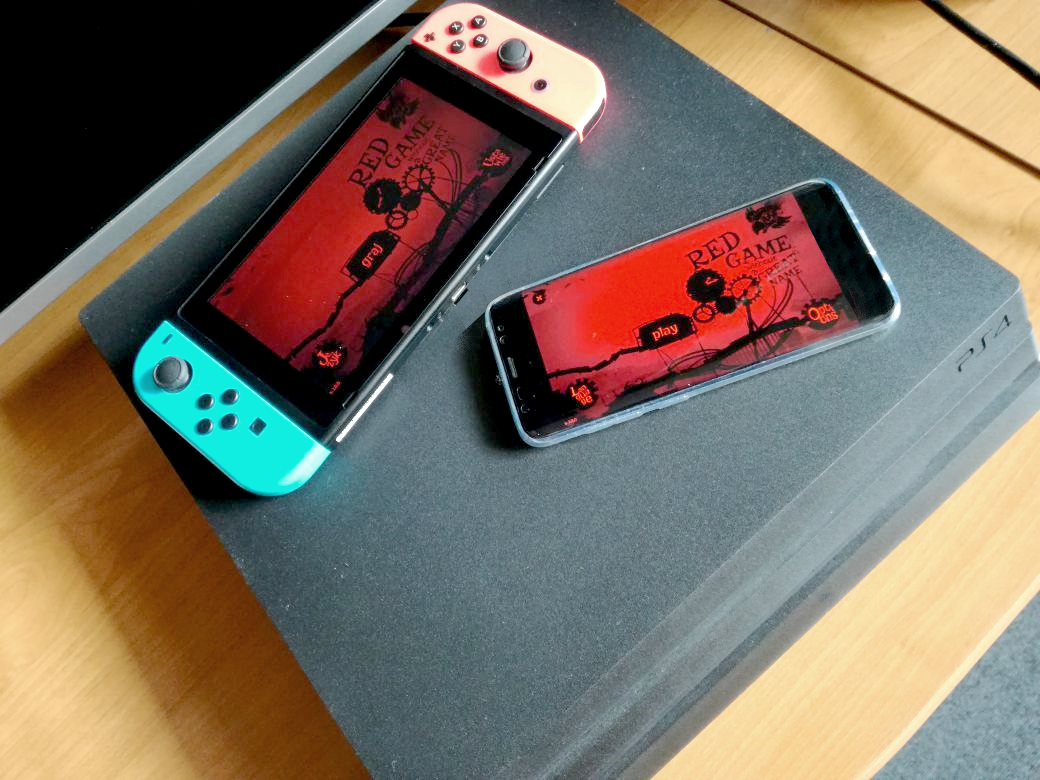
Being a (pure evil) business developer #4: The dark art of negotiations
Hello again dear readers, I hope I find you in good health!
This week I’m going to talk a little bit about one of the most common and important action every business developer undertakes really often – negotiations!
The very word “negotiations” sound like you’re a powerful person, who makes important decisions. You know: presidents, generals, diplomats, kings, FBI masterminds – these kinds of people jump out of our heads when we think about negotiations and who carries them. You can read and learn a lot of theory of negotiations on the Web, but I’m sure you know very well that you won’t learn how to swim while reading a handbook…
Hence having good negotiation skills is more like a craft than science – you actually have to negotiate to really learn about negotiating, especially when you meet and talk to a lot of different people, representing various cultures, mentalities, philosophies. This is everyday bread to any business developer, as our main role in the development studio / publishing company / service provider is to sell and/or buy. Keep the cash flowing anyway.
For a business developer at a small, pretty anonymous development studio, persuading a publisher / VC / business angel to support your game (by support i mean fund or at least co-fund) may be crucial for your team’s survival. Costs of developing a game are rising, prizes are going down and there are more and more titles launching year-by-year. That’s why we’re operating in a publisher-dominated environment, as self-publishing is no longer an efficient way to bring revenues (unless you’re really lucky and your game smashes everything in its way…)
So, for every business developer it became crucial to be able to present their projects to publishers the best way possible. We all know how important good pitch documents are, that you have to focus on truly uniques USPs (not just art, b***ch please!), that you need to estimate your (and publisher’s) revenue, have the playable demo that looks better than the game you’re launching in 18 months from now, have great SWOT analysis, references, inspirations, know your competition etc., etc…
It’s obvious that the game’s quality is the most important factor and your best argument when you negotiate with anyone interested in earning some part of sales revenues and we all know that the quality of many indie games nowadays might be considered… questionable. BUT it’s your job to do the best you can during negotiations to persuade your potential future business partner that your game is worth taking the investment risk.
There are dozens and dozens of “tips & tricks and methods and manipulative actions that you have to use to become the negotiation god / goddess”, of course. I’ve been going through them at several courses and classes at the University and later, at work. And after hundreds of sales / pitching / business meetings I know that I can be a much better negotiator than I am now, but also I learned some lessons and advices that I’d like to share with you. So this are my personal ideas about how to become good negotiator.
- Be yourself! There are many personalities, cultural sets of habits and approaches. And many of them are widely acceptable worldwide when it comes to negotiation adepts. A lot of people believe perhaps that to master the dark art of negotiations you have to become the master of bluff, but in my opinion, what really matters, is honesty. Honesty and natural behaviour are definitely underestimated and I promise you that even if you won’t settle the deal with this company right now, thanks to your honesty and normal approach to the person on the other side of table you’ll be well remembered and have better chances to succeed in the future. Remember, that personal reputation is everything to a business developer and successful negotiations are only the matter of mutual trust.
- Be prepared! Do your homework, know your meeting partners. Learn about them and their companies. Not to flatter but to approach individually to every round of negotiations and to be able to find good arguments that would have the chance to persuade the one you want to persuade. It’s not about winning and losing. It’s about making interested people satisfied, if not happy about the deal.
- Be a good listener! I noticed that many negotiations handbooks, classes etc. are focused on what YOU have to do / say to achieve better negotiation score. My personal experience is a little different. Of course, your charisma, your level of preparation, your arguments – it’s all important, but I believe that we should really start emphasising listening. Listening is what gives an upper hand and you will be amazed by the power of listening in negotiations.
I hope these three short, but crucial observations / advices will help you support your teams and projects. That’s all for now and see you soon!
- As promised, here’s the motivational / coaching quote for today:
“Try to be a rainbow in someone’s cloud” – Maya Angelou.
Best,
Jacek




